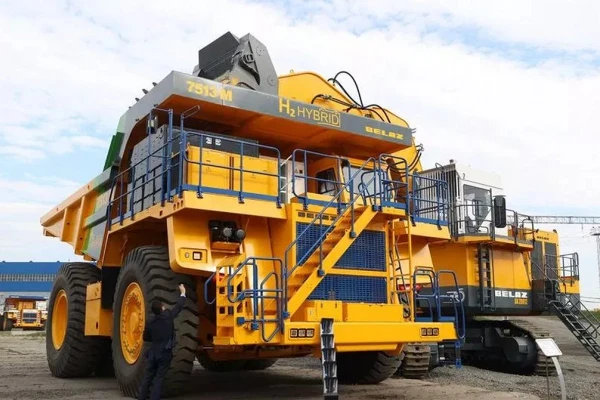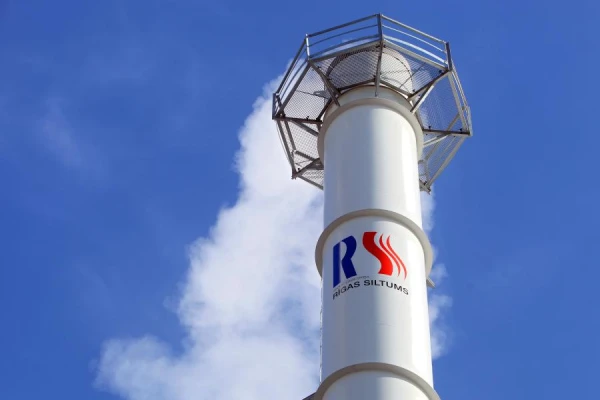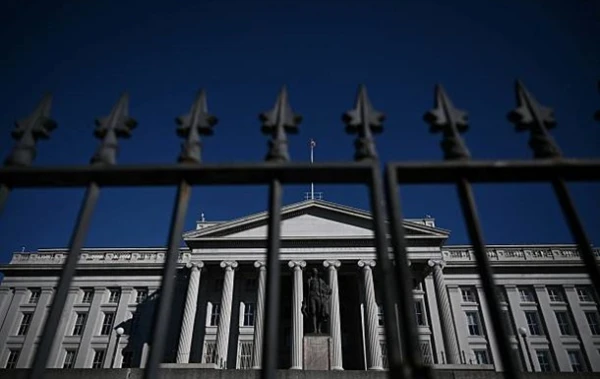
China aims to exceed 10,500 kilometers by the end of 2025.
According to a comprehensive study by Spherical Insights, ten countries with the largest and most extensive metro systems have been named — reflecting the global shift towards efficient, eco-friendly, and technologically advanced public transport of the future.
1. China
China rightfully takes the first place, boasting over 9,500 kilometers of operational metro lines across more than 50 cities. The giant agglomerations — Shanghai (802 kilometers), Beijing (836 kilometers), and Guangzhou (631 kilometers) — are the backbone of this vast network. As part of the New Urbanization Plan, China aims to exceed 10,500 kilometers by the end of 2025.
2. United States
Despite the car culture, the United States has about 1,300 kilometers of metro lines. The New York City subway, which includes 472 stations, remains the flagship of the country, while the cities of Washington and San Francisco are actively expanding their networks thanks to the Infrastructure and Jobs Act.
3. South Korea
The ultra-modern Seoul metro stretches over 1,100 kilometers, making it one of the most technologically advanced and cleanest in the world. Contactless payment, facial recognition entry systems, and a multilingual interface serve the highly urbanized and advanced population of the country.
4. India
India is undergoing a true transportation revolution. Nearly 958 kilometers of lines in 18 cities — from Delhi to Mumbai and Bangalore — testify to the rapid growth based on active collaboration between federal and regional authorities, as well as the widespread implementation of public-private partnerships.
5. Japan
Impeccable punctuality, cleanliness, and integration are the hallmarks of Japanese metro systems, particularly in Tokyo and Osaka. The Tokyo metro, spanning about 900 kilometers, transports over eight million passengers daily. Innovations in autonomous control and energy-efficient trains maintain Japan's leadership in the industry.
6. Russia
Russian metros, especially in Moscow and St. Petersburg, are known for their architectural luxury and reliability. The Moscow Central Circle, one of the largest in the world, has become a symbol of the country's transport development ambitions. The total length of metro lines in Russia exceeds 800 kilometers.
7. Germany
Germany's metro systems combine high technology and sustainability. The networks of Berlin, Munich, and Hamburg collectively exceed 700 kilometers. A strong emphasis on electrification and real-time mobility data makes German metros a model for emulation worldwide.
8. Brazil
Brazil is the flagship of Latin America in terms of metro systems. São Paulo leads with a network of about 400 kilometers and 91 stations. The implementation of smart tickets and data-driven routing helps address the challenges of urban sprawl.
9. United Kingdom
The birthplace of the world's first underground railway — the London Underground — remains a global symbol. Modernization programs, including the Elizabeth Line, reflect the UK's commitment to making the metro more sustainable and accessible. The total length of the network exceeds 400 kilometers.
10. France
The Paris metro, along with developing networks in Lyon and Marseille, is part of France's rich heritage in urban transport. The length of the lines is about 220 kilometers, and the grand project Grand Paris Express will add over 200 kilometers by 2030.















Leave a comment